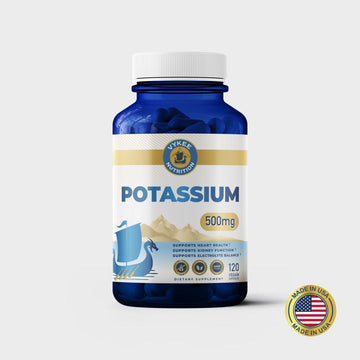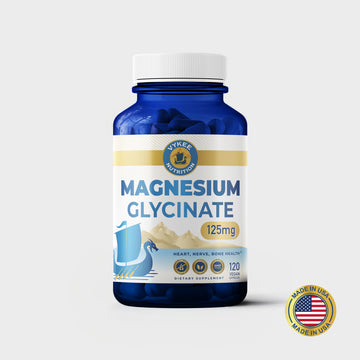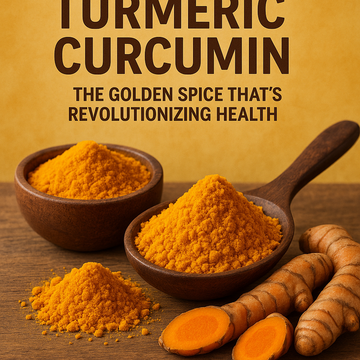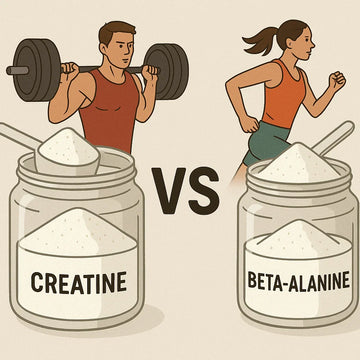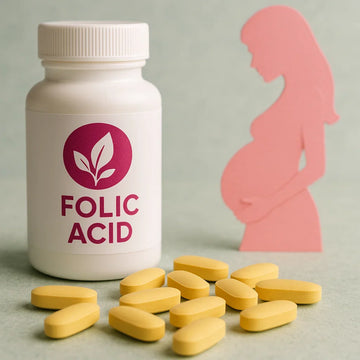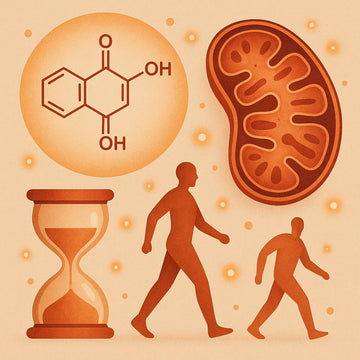Turmeric has been a staple in traditional medicine for centuries, but over the past few decades, it’s gained widespread popularity for its powerful health benefits. The secret behind its healing powers? Curcumin—a potent compound found in turmeric that’s proving to be a game-changer in modern wellness. Whether you’re looking to reduce inflammation, boost brain function, or improve your skin, turmeric curcumin is a natural supplement that could transform your health.
In this article, we’ll dive deep into what turmeric curcumin is, its many health benefits, how to use it effectively, and how it can be incorporated into your daily wellness routine.
What is Turmeric Curcumin?
Turmeric is a vibrant, yellow-orange root native to South Asia and is often used as a spice in cooking. The key ingredient in turmeric responsible for its health-boosting properties is curcumin, a compound that accounts for only about 3% of the turmeric root. Despite being present in small amounts, curcumin has immense therapeutic power.
Curcumin is a polyphenolic compound, known for its anti-inflammatory, antioxidant, and anti-microbial properties. This makes it a powerful supplement for treating everything from digestive issues to skin conditions to joint pain.
Why is Turmeric Curcumin So Powerful? The Science Behind the Spice
The magic of turmeric curcumin lies in its ability to fight inflammation at the cellular level. Inflammation is the body’s natural response to injury or infection, but chronic inflammation is linked to a wide range of diseases, including arthritis, heart disease, cancer, and Alzheimer’s disease. Curcumin can help regulate inflammatory markers and significantly reduce inflammation in the body.
Anti-Inflammatory Power
Research has shown that curcumin blocks specific molecules involved in inflammation, such as NF-kB, which plays a key role in many chronic diseases. This makes turmeric curcumin one of the most effective natural anti-inflammatory agents available.
-
A study published in the Journal of Alternative and Complementary Medicine found that curcumin’s anti-inflammatory properties were comparable to non-steroidal anti-inflammatory drugs (NSAIDs) but without the harmful side effects.
The Many Health Benefits of Turmeric Curcumin
Turmeric curcumin isn’t just a powerhouse for fighting inflammation—it has a wide range of health benefits that make it a must-have in your wellness routine.
1. Reduces Inflammation and Pain
Curcumin is widely recognized for its ability to reduce joint pain and arthritis symptoms. Studies have shown that it can help alleviate pain associated with conditions like rheumatoid arthritis and osteoarthritis, making it a natural alternative to painkillers.
-
A clinical trial published in Phytotherapy Research found that curcumin was effective in reducing joint pain and improving mobility in individuals with arthritis, outperforming traditional treatments in some cases.
2. Supports Heart Health
Curcumin is beneficial for the cardiovascular system because it supports healthy cholesterol levels and improves blood vessel function. It has been shown to reduce oxidative stress and inflammation, two major contributors to heart disease.
-
A study in the American Journal of Cardiology found that curcumin supplementation improved endothelial function, which is essential for blood circulation and arterial health.
3. Boosts Brain Function
One of the most exciting areas of research on curcumin is its potential for brain health. Curcumin has been shown to increase levels of brain-derived neurotrophic factor (BDNF), a protein that supports brain function, learning, and memory.
-
Research published in the Journal of Psychopharmacology indicates that curcumin may help in preventing cognitive decline and may play a role in delaying the onset of Alzheimer’s disease by protecting against brain inflammation.
4. Natural Antioxidant and Detoxifier
Curcumin has powerful antioxidant properties, which means it can neutralize free radicals—unstable molecules that can damage cells and contribute to aging and disease. It also enhances the activity of the body’s own antioxidant enzymes, improving the body’s ability to detoxify and protect cells from damage.
-
A study published in the Journal of Clinical Psychopharmacology confirmed curcumin's role in supporting cellular health and promoting detoxification by reducing oxidative stress.
5. Supports Healthy Digestion
Curcumin helps promote digestive health by improving bile production, which aids in fat digestion. It also has anti-inflammatory effects on the gut, making it an effective remedy for digestive issues like irritable bowel syndrome (IBS), inflammatory bowel disease (IBD), and gastritis.
-
A study in the World Journal of Gastroenterology concluded that curcumin could be an effective supplement in the treatment of IBD and Crohn’s disease, reducing inflammation and pain in the gastrointestinal tract.
6. Skin Health and Anti-Aging Benefits
Thanks to its antioxidant and anti-inflammatory properties, turmeric curcumin is beneficial for skin health. It helps reduce acne, eczema, and other skin conditions by calming inflammation and promoting skin regeneration.
-
Studies suggest that curcumin can also help protect against sun damage, prevent wrinkles, and even promote wound healing due to its ability to stimulate collagen production.
How to Incorporate Turmeric Curcumin Into Your Routine
To reap the full benefits of turmeric curcumin, it’s important to take it in the right form and dose. Here are some tips:
-
Supplement Form: Curcumin is not well absorbed in the body on its own, so it’s often paired with black pepper (which contains piperine, a compound that enhances absorption) or fat to improve bioavailability. Look for supplements that include piperine or are formulated with curcumin phytosomes for better absorption.
-
Add It to Your Diet: You can also enjoy turmeric in your meals. Add turmeric powder to soups, smoothies, or teas. Try a turmeric latte, often called "golden milk," made with coconut or almond milk for a soothing drink.
-
Recommended Dosage: For general health, a typical dose of curcumin is 500–2000mg per day, often divided into 1-2 doses. For inflammation or joint support, higher doses may be required. Consult your healthcare provider to determine the best dosage for your needs.
Vykee offers high-quality turmeric curcumin supplements designed to maximize absorption and effectiveness. Explore our Anti-Inflammatories collection to find the perfect curcumin supplement for your health needs.
Conclusion: Why Turmeric Curcumin Should Be Part of Your Wellness Routine
Turmeric curcumin is one of the most potent natural supplements available today. Whether you’re looking to reduce inflammation, boost brain function, support heart health, or promote glowing skin, curcumin has a proven track record of benefits. Backed by decades of research and real-world success stories, turmeric curcumin is a must-have in any wellness routine.
For the best results, choose high-quality turmeric curcumin supplements that ensure bioavailability and optimal absorption. Discover Vykee’s premium Anti-Inflammatories collection and start benefiting from the golden spice that’s changing the game in natural health.
FAQ
What are the benefits of turmeric curcumin?
Turmeric curcumin has powerful anti-inflammatory, antioxidant, and anti-microbial properties. It’s known for supporting joint health, brain function, heart health, skin health, and digestive wellness.
How should I take turmeric curcumin supplements?
To maximize absorption, turmeric curcumin is best taken with black pepper or fat. Many supplements also include piperine, which enhances curcumin absorption in the body.
Can turmeric curcumin help with weight loss?
Yes, turmeric curcumin can support weight loss by improving fat metabolism and reducing inflammation that can contribute to weight gain. It helps enhance insulin sensitivity, which can improve fat metabolism.
Is turmeric curcumin safe to use?
Turmeric curcumin is generally safe when taken in recommended doses. However, high doses or long-term use should be supervised by a healthcare provider, especially for people with certain health conditions or who are pregnant.
